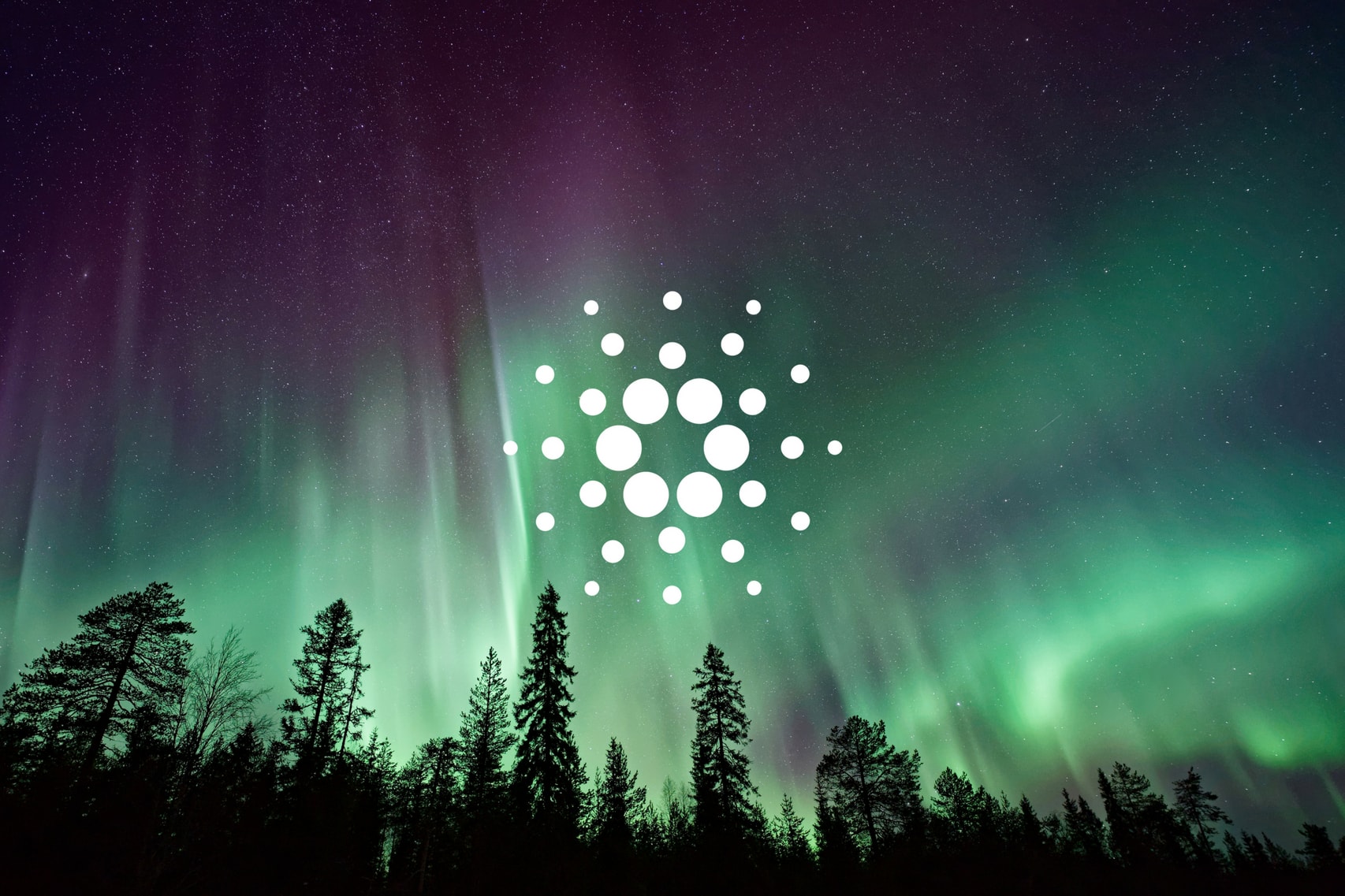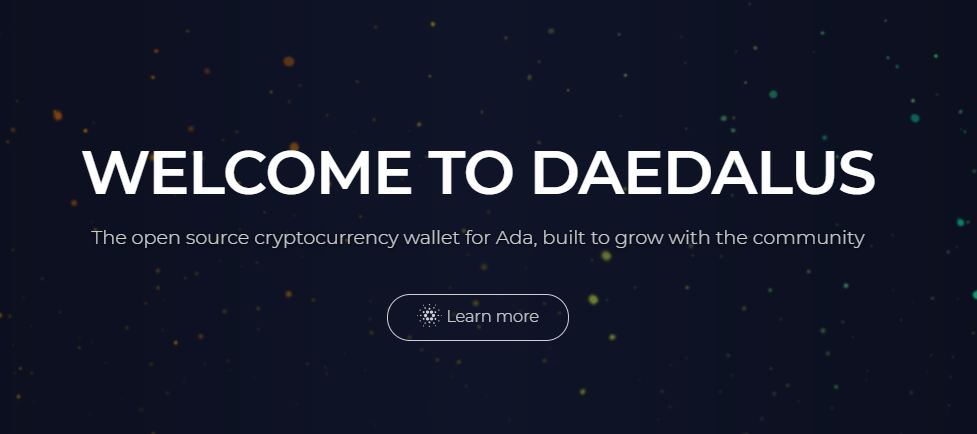When compared with other blockchain projects, it can feel as if progress comes rather slow for Cardano. Due to its requirement for rigorous academic peer review of theoretical platform features prior to their actual development and implementation, Cardano isn’t as far along as some of the other Ethereum competitors that popped up around the same time.
But, as the wise adage goes, Rome wasn’t built in a day. Great things can’t be created overnight, they require a lot of time and hard work to take shape. While members of the Cardano community can still get a bit impatient or frustrated at times, most anybody who has done thorough research on the project comes to see the bigger picture.
Cardano isn’t likely to become the king of crypto anytime soon, and it’s not trying to. But for investors who are looking years and even decades into the future, the way that Cardano’s technology and community are being built makes a strong appeal.
In this article, we’re going to update you on what’s changed since our previous Cardano progress update, and then we’ll discuss what the special announcement coming on August 15News is about.
Key Points From Latest Roadmap Update
If you’ve got some time, you can hear about all the latest Cardano changes and updates from the project’s founder himself, Charles Hoskinson, in this ~12 minute video:
cardano update https://t.co/a1LPKQhrJN
— Charles Hoskinson (@IOHK_Charles) August 6, 2018
However, if you’re just looking for concise info, here is a quick summary.
Cardano 1.3 has cleared QA (and has since it’s been released). This 1.3 update includes:
- A new version of Daedalus (v0.11) which uses 90% less memory, making it much more efficient
- Significant improvement in network performance as a result of refactoring (improving the structure of) the core stack, resulting in ~300% faster block download speeds
- For Daedalus wallet users, the syncing speed is now 1.5-4x faster
- Daedalus 0.11 is a smaller sized application than past versions, making it easier to run on computers with smaller storage capacity
- High-quality code
The development cutoff for Cardano 1.4—the biggest update yet—is September 4th, at which point it will enter the QA process. Cardano 1.4 will include:
- A reduction in number of files needed to store the Cardano blockchain from 1.3 million to about 44,000
- Full implementation of the wallet backend specification
- More core refactoring, making code higher quality and easier to test
Progress on Shelley
Shelley is an upgrade of the Cardano network node protocol that will make it fully decentralized and autonomous, as opposed to its current state which is dependent on IOHK and other major stakeholders to run the network.
The tasks necessary to complete Shelley will be laid out along with time estimates for their completion by the end of August. There will be 21 work units in total, some of which can be worked on simultaneously, while others require the completion of previous units before they can be started.
Importantly, an academic paper on the incentive scheme for effectively decentralizing the network has been published along with the delegation specification that outlines how voting will work in the Proof-of-Stake system. With those hurdles cleared, development can really start to ramp up in September.
In the meantime, more updates continue to be released from another Cardano project, Prometheus.
What is Prometheus?
Prometheus is an IOHK-funded project for increasing Cardano’s functionality to include mobile and light clients, mobile and light wallets, as well as browser-based wallets and embeddable devices.
One of the key aspects of Prometheus is that it’s a code library which is built with a more portable programming language, Rust, as opposed to Haskell which is used elsewhere in the Cardano platform. The main difference between the two is that Haskell is the reference code that allows the Cardano team to formally implement new functionality, whereas Rust is more modular and better suited to third-party developers.
Ultimately, Prometheus should help make Cardano much more accessible and easy to use, certainly good things for the project’s growth going forward.
Speculation About the August 15 Special Announcement
Not only did Cardano make an announcement that they would be making an announcement, they also spilled the beans on the announcement’s contents. Leave it to a bunch of brilliant engineers and academics to commit such fundamental marketing sins.
About midway through the Charles Hoskinson video above, he references the upcoming announcement and says:
Come August 15th, there’s going to be an announcement of a new product that’s based on Prometheus as its core, and that product is going to be… a Chrome extension.
So we’ll have to wait to hear the exact details, but we already know the basics. This will be from the Prometheus stack and should make it easier for people to manage their ADA. You can see the countdown to the announcement on the Cardano roadmap page.
Last Thoughts
It seems that the majority of cryptocurrency projects today are run by incompetent teams that emphasize marketing and short-term value over engineering and long-term planning. Cardano is a refreshing exemption from that majority.
Progress is consistent and methodical, and we are getting closer and closer to the network’s full decentralization. With the IELE Virtual Machine testnet going live at the end of July, we can even start to see the future of Cardano-based smart contracts and dapps begin to take shape.
It’s shaping up to be a bright future for Cardano indeed.
Related: 9 Crypto Experts Share Their Top Coin Picks for the 2nd Half of 2018


